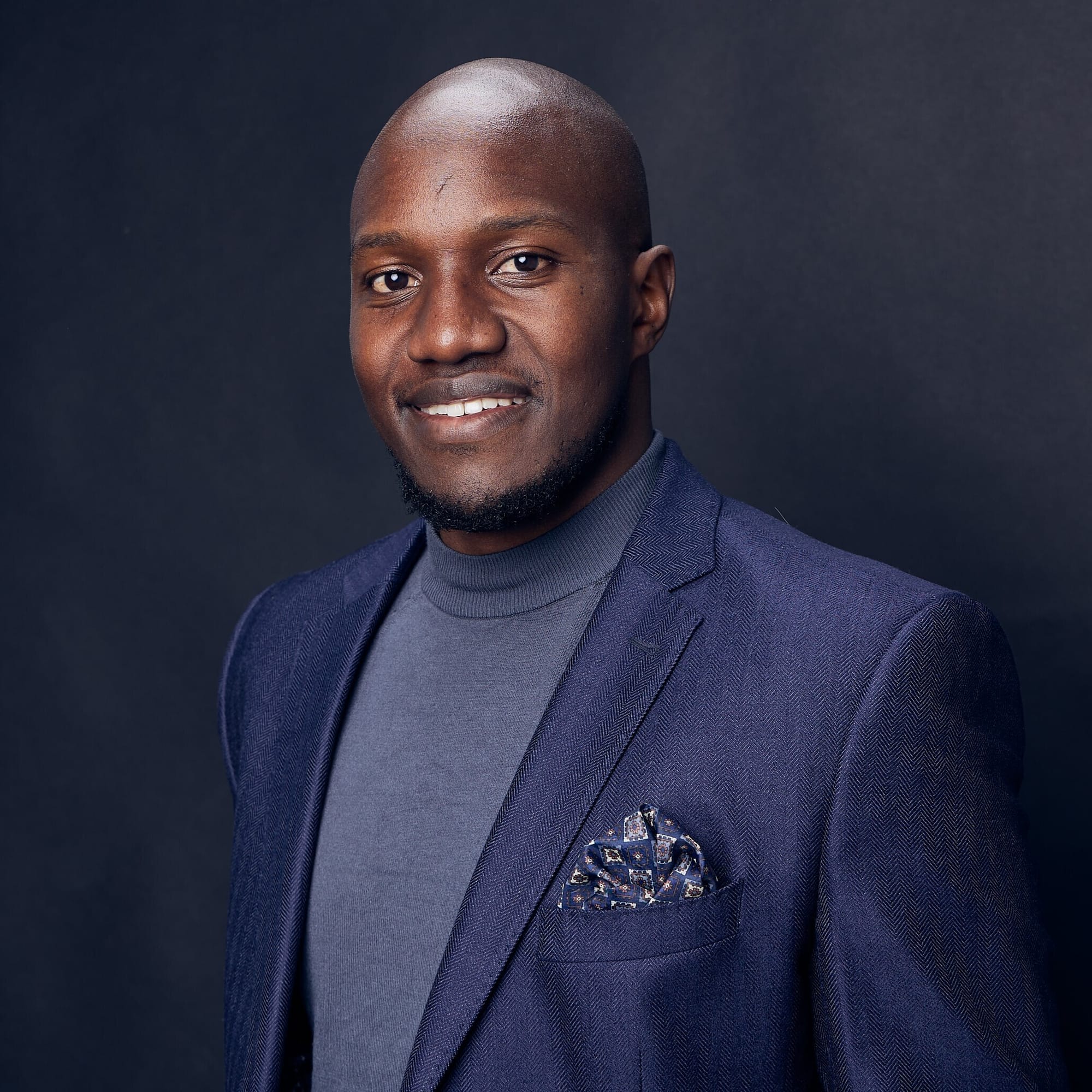OP-ED: Melvyn Lubega parlays edtech unicorn success into venture capital play
Melvyn Lubega, co-founder of edtech unicorn GO1, is now spearheading African innovation through Breega's $75 million fund, aiming to create 100,000 sustainable jobs across the continent.

South African-born Ugandan Melvyn Lubega’s professional track record is immaculately aspirational to say the least.

Model pro
Among his achievements, Lubega is an alumnus of St John’s College, Johannesburg (where he was head boy), a trained actuary and a former strategy consultant at The Boston Consulting Group. He is also a non-executive director of AdCorp Group, “Africa's largest workplace solutions provider”, and perhaps most notably, a founding executive of the Australian edtech unicorn GO1, a global leader in online training. GO1 has secured over $400 million in investment from major firms such as Softbank, Microsoft and Salesforce since its inception in 2014.
Unicorn founder cum investor
Recently, Lubega has taken a significant step by transitioning from being an African unicorn founder to an institutional venture capital (VC) investor—a move that few have made. Over the last several years, on the continent, that virgin entrepreneurial VC space has been prominently headlined by Nigeria’s Iyinoluwa Aboyeji, who founded Future Africa after co-founding two unicorn companies, Andela and Flutterwave, in his twenties.
Lubega has now publicly committed to the impact investment mission of Breega, a French-headquartered VC firm, where he has been involved since 2022. Alongside his colleague Tosin Faniro-Dada (former managing director and CEO of Endeavor Nigeria and a non-executive board member of Flutterwave), Lubega is positioned as Breega's entrepreneurial ambassador for the newly launched Breega Africa Seed I.
This $75 million fund aims to support African innovators as their first institutional investor, focusing on hotspots like Nigeria, Egypt, South Africa, and Kenya, as well as key Francophone African countries such as Morocco, Senegal, Ivory Coast, Cameroon, and the Democratic Republic of Congo. The fund will provide $100,000 to $2 million in early-stage investments to pre-seed and seed-stage companies led by promising African founders.
"Full-stack" investment support
While Lubega’s latest savvy career move may seem less gutsy than founding a VC firm from scratch, it does appear to be an ideal fit with Breega’s market proposition of being a "full-stack fund, for founders by founders". Since their inaugural fund in 2015, Breega has grown to oversee more than €500 million in assets, supporting over 100 startups with the type of comprehensive assistance its co-founders—Ben Marrel, François Paulus and Maximilien Bacot— say they wish they had received themselves. How this translates in an African context remains to be seen, a prospect that Lubega and Faniro-Dada are no doubt eager to test out in the coming years.
Through his new quasi-entrepreneurial role in venture capital, Lubega says he aims to create 100,000 sustainable jobs before his eventual retirement (hopefully not anytime soon). Well, that's perhaps 100,000 minus the two positions he and Faniro-Dada have carved out for themselves within the Breega team.
Given the challenging VC climate and the proliferation of investors offering ‘comprehensive’ founder support these days, Breega will have its work cut out if it is to stand out.
Editorial Note: A version of this opinion editorial was first published by Business Report on 8 July 2024.

